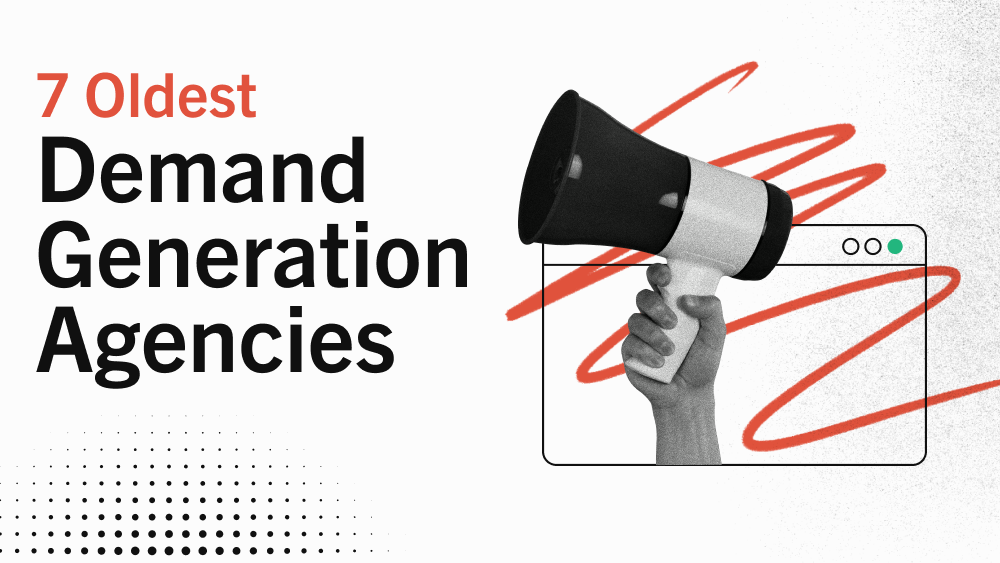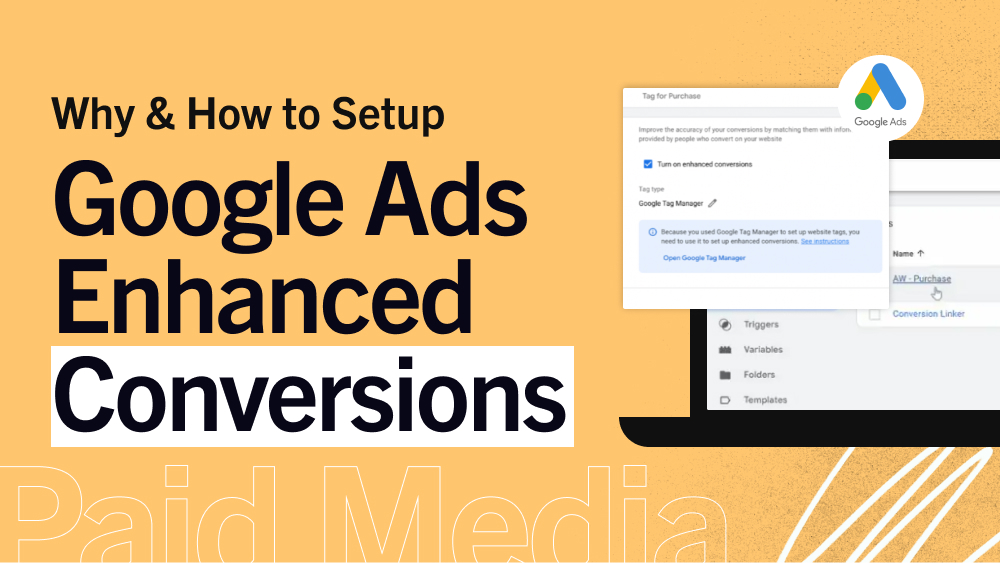Phrase Match vs. Broad Match: Key Differences

As a search advertising specialist, understanding when to optimize your keyword targeting with phrase match vs broad match targeting can help you reach more relevant audiences, attract more clicks from potential customers, and see better results from your ad campaigns.
Broad and phrase match are just two of the primary keyword match types that allow advertisers on the Google Ads platforms to control which search queries may trigger their ad placements on the Google search network.
To better understand the key differences between phrase match vs. broad match targeting and when to use them in your campaigns, let’s take a deeper look at the keyword match types available on Google Ads.
What are Keyword Match Types in Google Ads?
Keyword match types allow digital advertisers to customize how broadly or restrictively their target keywords are matched with user search queries to trigger relevant ad placements on the Google Search network.
There are five types of keyword match types that advertisers can use to customize their keyword targeting, summarized below.
Broad Match Type
Ad placements can be triggered for all search queries that are relevant variations of the target keyword phrase.
Modified Broad Match Type
Ad placements can be triggered for all search queries that:
- Are relevant variations of the target keyword
- Contain the keyword terms that the advertiser designates using a broad match modifier.
Phrase Match Type
Ad placements can be triggered by search queries that contain the target keyword and some close variants of the target keyword.
Exact Match Type
Exact match is the most restrictive match type. When you choose the exact match type, your ads will only be shown when a user searches for the exact target keyword or a close variant of the target keyword with the exact same meaning.
Negative Keywords
Negative match keywords allow advertisers to block certain search queries from triggering ad placements on their account.

Caption: Advertisers can implement negative keywords with broad match, exact match, and phrase match targeting. This image shows a negative keyword list that uses all three types. Read more about negative keyword match types.
Negative keywords help advertisers avoid targeting irrelevant searches with their ad campaigns, which can improve CTR, boost ad quality scores, and reduce ad spending.
Phrase Match vs. Broad Match Keyword Targeting: What’s the Difference?
Now let’s take a closer look at the differences between phrase match vs. broad match targeting in search advertising. In the chart below, we’ve outlined the basic Google Ads notation, a sample keyword, and potential ad trigger for both phrase match and broad match type keywords.
| Broad Match | Phrase Match | |
| Google Ads Notation | None – broad match is the default | “keyword” |
| Example Keyword | digital advertising | “digital advertising” |
| Potential Ad Triggers |
|
|
Broad match is quite literally the broadest form of keyword targeting that Google offers. There are virtually no restrictions on the kinds of search queries that can trigger your ad placements, as long as Google considers the search query to be a “relevant variation” of your keyword.
Phrase match targeting restricts the number of potential search queries that can trigger ad placements for your campaign. Compared to broad match, we notice two big changes when using phrase match targeting:
- Word Order Matters More – Keyword order becomes important when using phrase match targeting. Ad placements may be less likely to trigger if the search query contains the target keyword with additional words that change its meaning.
- Keyword Meaning Matters More – When using phrase match targeting, Google ensures that the meaning or intent of the search query matches the intent of your target keyword before triggering advertisements.
When to Use Phrase Match vs Broad Match Targeting
Targeting broad match keywords is a great way to discover new keywords that may be profitable for your campaign. You’ll maximize your search volume by targeting a wide range of search queries. You’ll reach lots of potential customers and you may discover some high-performing keywords that you overlooked while performing PPC keyword research for your campaign.

Broad match targeting is also useful if you don’t have the time or resources to create an extensive keyword targeting list for your campaign. You can simply set up broad match targeting for your campaign using a handful of keywords, then use search query reports to identify low-performing keywords and add them to your negative keyword list.
Phrase match targeting can be effective when you’re trying to maximize CTR for keywords that are closely related to the products and services you offer. You won’t receive as much search volume, but the ad impressions you get will come from more relevant search queries.
By showing your ad to more relevant users, you’ll see increases to your downstream conversion rates and better ad quality scores that lead to a lower cost per click.
Summary
When it comes to choosing between phrase match vs broad match keyword targeting for your campaign, it doesn’t have to be one or the other. Your campaigns will be more successful if you strategically leverage all keyword matching options in the right ways at the right times.




